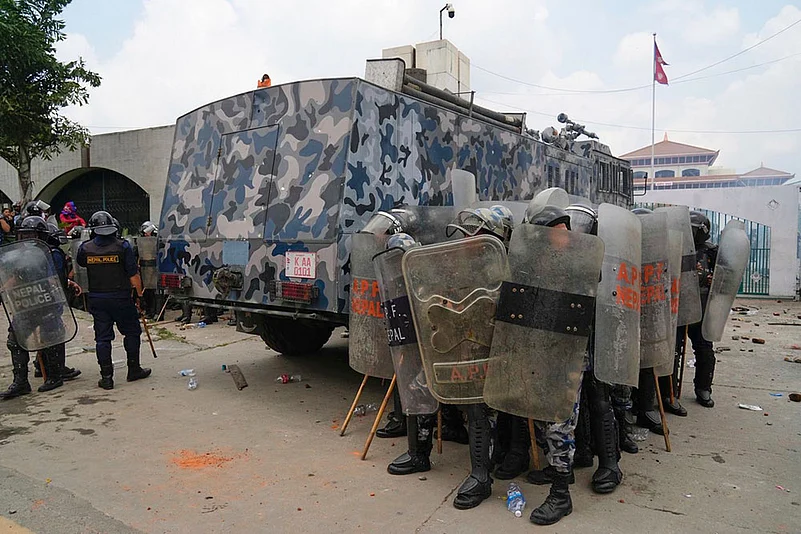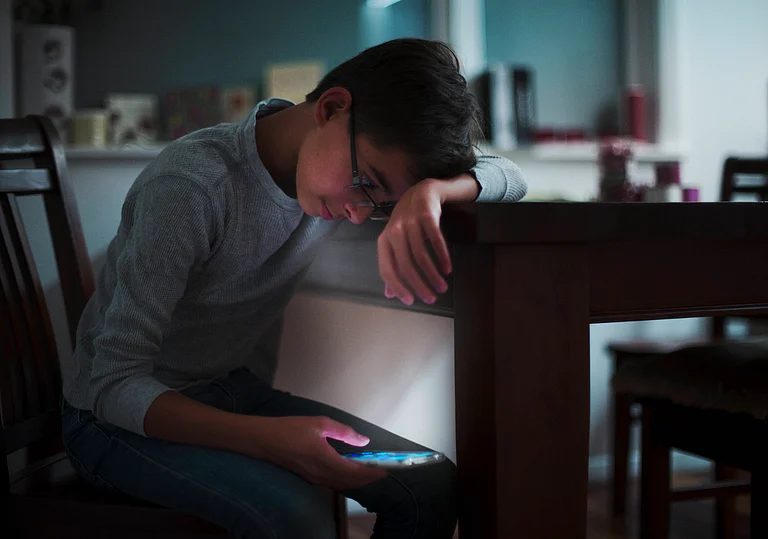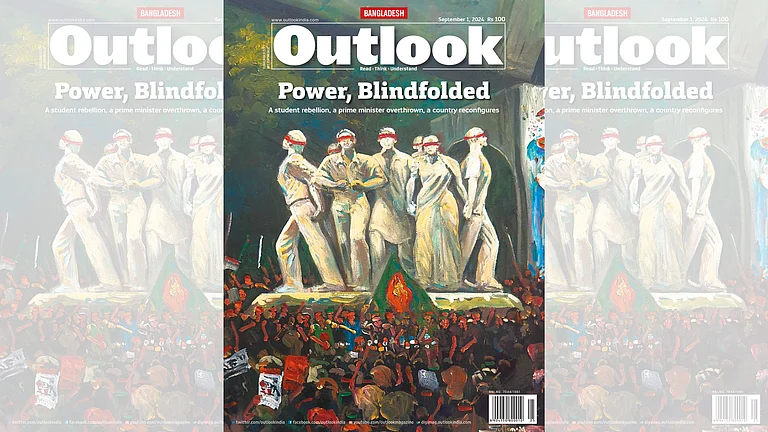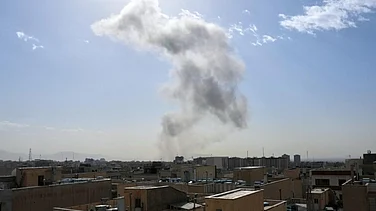
- The government had blocked access to major platforms, including Facebook, Instagram, WhatsApp, YouTube and X, on September.
- The move triggered widespread anger, particularly among young Nepalis, who took to the streets demanding restoration of digital freedom.
- Prime Minister K.P. Sharma Oli expressed sorrow over the loss of lives and announced relief payments for the families of the deceased as well as free medical treatment for the injured.
Nepal has lifted its ban on 26 social media platforms after violent protests left at least 19 people dead and more than 100 injured.
The government had blocked access to major platforms, including Facebook, Instagram, WhatsApp, YouTube and X, on September 4 after they failed to comply with new registration requirements under the country’s social media regulations.
The move triggered widespread anger, particularly among young Nepalis, who took to the streets demanding restoration of digital freedom alongside calls for accountability, transparency and economic reforms. Clashes between protesters and security forces escalated quickly, with reports of tear gas, rubber bullets and even live ammunition being used to disperse crowds.
Communications Minister Prithvi Subba Gurung confirmed that the ban was withdrawn, saying services had been restored. Prime Minister K.P. Sharma Oli expressed sorrow over the loss of lives and announced relief payments for the families of the deceased as well as free medical treatment for the injured.
The government has also set up an inquiry panel with two weeks to investigate the causes of the unrest and recommend preventive measures. The crisis led to the resignation of Home Minister Ramesh Lekhak, who cited moral responsibility for the mishandling of the protests.
The demonstrations, while sparked by the sudden shutdown of social media, reflected deeper frustrations among the country’s youth over corruption, limited job opportunities and governance issues. Rights groups and media organisations criticised the ban, warning it set a dangerous precedent for freedom of expression in Nepal. Although the restrictions have now been lifted, the unrest has underscored both the power of Nepal’s digitally connected youth and the political risks of curbing online freedoms.
Separately, Office of the United Nations High Commissioner for Human Rights (OHCHR) expressed shock over the killing and injury of protestors in Nepal and urged a prompt and transparent investigation.
“We call on the authorities to respect and ensure the rights of peaceful assembly and freedom of expression,” Spokesperson Ravina Shamdasani said in a statement.
Additionally, all security forces must comply with the basic principles on the use of force and firearms by law enforcement officials.
“Nepal enjoys a lively democracy and active civic space, and dialogue is the best means to address young people’s concerns,” she said.
“We urge reconsideration of measures to regulate social media to ensure they comply with Nepal’s human rights obligations.”

























